Hypertension
- Home
- Hypertension

Not being well informed about the disease often leads to unnecessary concerns in patients, failure to fully comply with the recommendations made, or even irregular application of medication. In the diagnosis and treatment of hypertension, patient, physician cooperation is very important.
WHAT IS HYPERTENSION ?
When measuring blood pressure, blood pressure is based on the value two. High blood pressure (systolic blood pressure) and small blood pressure (diastolic blood pressure). Blood pressure measured during the contraction of the heart is high blood pressure, and blood pressure measured during the relaxation of the heart is small blood pressure. Usually large and small blood pressure is high together. For the diagnosis of hypertension, it is enough for someone with large and small blood pressure to be higher than normal.
WHAT IS HYPERTENSION ?
When measuring blood pressure, blood pressure is based on the value two. High blood pressure (systolic blood pressure) and small blood pressure (diastolic blood pressure). Blood pressure measured during the contraction of the heart is high blood pressure, and blood pressure measured during the relaxation of the heart is small blood pressure. Usually large and small blood pressure is high together. For the diagnosis of hypertension, it is enough for someone with large and small blood pressure to be higher than normal.
WHICH PATIENTS HAVE HYPERTENSION ?
Hypertension is when blood pressure is higher than normal. In general, systolic blood pressure (high blood pressure) is 140 mmHg and diastolic blood pressure (low blood pressure) is higher than 90 mmHg.
WHAT IS THE IMPORTANCE OF HYPERTENSION?
Hypertension is a very common disease. It is the most common, long-term disease of adults (older than 18 years). Hypertension is common, as well as leading to permanent disabilities and deaths. A significant number of patients with disease blood pressure makes it more important. Hypertension can lead to kidney, cardiovascular diseases, strokes and vision loss. If left untreated, it can shorten life expectancy by 10-20 years. Eating too much salt increases blood pressure. About half of people over the age of 60 in our country have hypertension. The total number of patients with high blood pressure is around 6-7 million in our country.
WHAT ARE THE CAUSES OF HYPERTENSION ?
The cause of hypertension is unknown in 90-95 percent of patients, that is, hypertension is not associated with a known disease. In 5-10 percent of patients, hypertension is associated with another disease. A significant part of the diseases that lead to hypertension are caused by the kidneys. Hormonal diseases constitute another important group.The fact that a significant portion of these diseases are treatable, and that permanent treatment of hypertension is possible with the treatment of diseases, makes it necessary for each patient to be evaluated in terms of secondary hypertension.
WHAT ARE THE SYMPTOMS OF HYPERTENSION ?
In a significant part of patients, hypertension follows an insidious course, so there are no symptoms. Diagnosis of hypertension in these patients is only possible with blood pressure measurement. For this reason, all patients, even if they are not hypertensive, should have their blood pressure measured at least 1-2 times a year. Hypertension can also be called the’ silent killer'. The main symptoms of hypertension are headache, palpitations, shortness of breath, weakness, fatigue, nosebleeds, ringing in the ears, walking and climbing stairs difficulty, sometimes very frequent urination, urine, and swelling in the legs at night and wake up from sleep. In cases where blood pressure is too high, there may be double vision, peltting of the tongue, tingling of the face or body. None of these symptoms are specific to hypertension, and can be observed in other diseases.
WHAT ARE THE SYMPTOMS OF HYPERTENSION ?
In a significant part of patients, hypertension follows an insidious course, so there are no symptoms. Diagnosis of hypertension in these patients is only possible with blood pressure measurement. For this reason, all patients, even if they are not hypertensive, should have their blood pressure measured at least 1-2 times a year. Hypertension can also be called the’ silent killer'. The main symptoms of hypertension are headache, palpitations, shortness of breath, weakness, fatigue, nosebleeds, ringing in the ears, walking and climbing stairs difficulty, sometimes very frequent urination, urine, and swelling in the legs at night and wake up from sleep. In cases where blood pressure is too high, there may be double vision, peltting of the tongue, tingling of the face or body. None of these symptoms are specific to hypertension, and can be observed in other diseases.
WHAT ARE THE HARMS THAT HYPERTENSION CAUSES TO THE HUMAN BODY ?
In the human body, veins are found in all organs and tissues. Just as an increase in pressure in water pipes leads to blockages and explosions, hypertension also leads to explosions and blockages in the vessels. Because all organs and tissues are fed by veins, hypertension can affect the entire body. The organs most affected by hypertension are the heart, brain, kidneys, arteries and eyes. Hypertension can affect these organs, leading to permanent disability and death.
HYPERTENSION IS THE MOST COMMON CAUSE OF HYPERTENSION.
Heart failure, heart growth, narrowing of the vessels that feed the heart, gangrene (heart attack) due to blockage of the vessels that feed the heart, irregular heartbeat.
Bleeding, constriction, blockage and rupture of the vessels of the brain, paralysis, speech impairment.
Kidney failure, impaired renal function. Harmful substances such as urea accumulate in the blood.
Decreased vision and blindness due to narrowing and bleeding in the vessels feeding the eye.
Expansion in all vessels, rupture of these expansions, thickening, narrowing, formation of fat layer and blockage.
IS HYPERTENSION A TREATABLE DISEASE ?
These damages caused by hypertension to the body should not upset the morale of patients. Hypertension is a curable disease. With proper and adequate treatment, these damages can be prevented or minimized. If hypertension is diagnosed and treated properly in a timely manner, the above-mentioned diseases and related deaths can be prevented.
WHAT IS THE IMPORTANCE OF SALT IN HYPERTENSION ?
Salt is of great importance in the development of hypertension. Because the ability of the kidney to release salt in some people is limited, excessive salt intake can lead to the appearance of hypertension or failure in the treatment of hypertension. In most societies, there is a close relationship between salt consumption and average blood pressure and the frequency of hypertension, that is, the frequency of hypertension has increased in societies that consume excess salt. In societies that consume very little salt, average blood pressure is lower and hypertension is less common. In most people, SALT restriction (5-6 grams per day) reduces blood pressure.
WHAT IS THE IMPORTANCE OF SALT IN HYPERTENSION ?
Salt is of great importance in the development of hypertension. Because the ability of the kidney to release salt in some people is limited, excessive salt intake can lead to the appearance of hypertension or failure in the treatment of hypertension. In most societies, there is a close relationship between salt consumption and average blood pressure and the frequency of hypertension, that is, the frequency of hypertension has increased in societies that consume excess salt. In societies that consume very little salt, average blood pressure is lower and hypertension is less common. In most people, SALT restriction (5-6 grams per day) reduces blood pressure.
WHAT IS HYPERTENSION ASSOCIATED WITH THE KIDNEY ?
The role of the kidneys in the development of hypertension is very important. A patient with hypertension has a 5% chance of a kidney disease. For this reason, all hypertensive patients should be examined for kidney diseases. For this purpose, even a simple urine examination is often enough. In some cases, hypertension can also lead to kidney disease. Before hypertension or kidney disease, it can be difficult to separate it. This can be complicated, such as the separation of the chicken first or the egg first.
WHAT IS THE EFFECT OF HYPERTENSION ON THE CARDIOVASCULAR SYSTEM ?
Factors that increase the risk of developing cardiovascular diseases are called cardiovascular risk factors. Because cardiovascular risk factors other than hypertension are also common in patients with high blood pressure, the risk of permanent damage and death is definitively reduced by correcting cardiovascular risk factors.
HOW IS HYPERTENSION TREATED ?
In order for hypertension treatment to be successful, a healthy patient-physician relationship must be established. For treatment to succeed, the disease must be accepted. High blood pressure patients should be happy to be aware of their hypertension. Education is important for the success of treatment. The main goal of treating hypertension is to reduce the risk of permanent damage and death and make the patient feel better. First, it is necessary to correct other existing cardiovascular risk factors. If the patient has organ failure due to high blood pressure, it should be treated. Changing the life order (non-drug treatments, non-drug treatment) should not be neglected. If the change in life order is not observed, treatment will fail, even if the drug is used.
IS HYPERTENSION DIFFICULT TO TREAT ?
Failure to treat hypertension is a very common condition. The reason for the high rate of failure in treatment is that there are no symptoms of hypertension (silent killer) and the disease is not taken seriously by patients. The patient's responsibility for the success of hypertension treatment is greater than that of the doctor. It does not benefit the patient who does not fulfill his responsibilities, but it can be of economic benefit to private laboratories and doctors.
IS HYPERTENSION TREATED WITHOUT MEDICATION ?
Drug-free treatment, that is, changing the life order, is useful in controlling the height of blood pressure, as well as preventing hypertension. Most treatments other than the drug recommended for hypertensive patients also apply to normal individuals for a healthy lifestyle. Patients should definitely not neglect drug-free treatment. In patients with obesity, diabetes, or impaired fat metabolism, the importance of changing the order of life increases even more. Changing the life order can control hypertension alone, as well as reduce the dose of the drug in cases where the drug is needed. What are the main points in changing the order of life?
HOW IS HYPERTENSION TREATED ?
In order for hypertension treatment to be successful, a healthy patient-physician relationship must be established. For treatment to succeed, the disease must be accepted. High blood pressure patients should be happy to be aware of their hypertension. Education is important for the success of treatment. The main goal of treating hypertension is to reduce the risk of permanent damage and death and make the patient feel better. First, it is necessary to correct other existing cardiovascular risk factors. If the patient has organ failure due to high blood pressure, it should be treated. Changing the life order (non-drug treatments, non-drug treatment) should not be neglected. If the change in life order is not observed, treatment will fail, even if the drug is used.
IS HYPERTENSION DIFFICULT TO TREAT ?
Failure to treat hypertension is a very common condition. The reason for the high rate of failure in treatment is that there are no symptoms of hypertension (silent killer) and the disease is not taken seriously by patients. The patient's responsibility for the success of hypertension treatment is greater than that of the doctor. It does not benefit the patient who does not fulfill his responsibilities, but it can be of economic benefit to private laboratories and doctors.
IS HYPERTENSION TREATED WITHOUT MEDICATION ?
Drug-free treatment, that is, changing the life order, is useful in controlling the height of blood pressure, as well as preventing hypertension. Most treatments other than the drug recommended for hypertensive patients also apply to normal individuals for a healthy lifestyle. Patients should definitely not neglect drug-free treatment. In patients with obesity, diabetes, or impaired fat metabolism, the importance of changing the order of life increases even more. Changing the life order can control hypertension alone, as well as reduce the dose of the drug in cases where the drug is needed. What are the main points in changing the order of life?
Restriction of salt intake,
Bringing the patient to the ideal weight,
Increasing physical activity,
Quitting smoking,
Prevention of excessive alcohol,
Limiting dietary intake of saturated fat and cholesterol,
Other treatments.
GOALS OF TREATMENT IN A PATIENT WITH HYPERTENSION ?
As blood pressure decreases with treatment in hypertension, the risk of cardiovascular disease decreases in direct proportion. Blood pressure should be strictly lowered below 130/85 mmHg and maintained at this level. The benefit of lowering blood pressure to more than 130/85 mmHg is unclear. In practice, insufficient blood pressure treatment is a very common problem. Blood pressure is the most common type of blood pressure. Even achieving a decrease in blood pressure of 5-10 mmHg is a gain for the patient. Recommendations to patients with high blood pressure:
Patients should learn to measure their own blood pressure and take a sphygmomanometer and stethoscope if they can.
Patients should make a habit of recording the blood pressure values they measure.
A form in which blood pressure values are recorded, at home, at work, when going to the doctor, etc. it should be noted.
Do not forget to take your health report card, delegation reports, and medications with you when you go on a trip.
Be sure to take your medicine on the day you go to the examination.
Be sure to take all medical documents belonging to your person (films, test results, hospital file, box of medications you use, etc.) with you when you go to the doctor.
Order Blogs
-
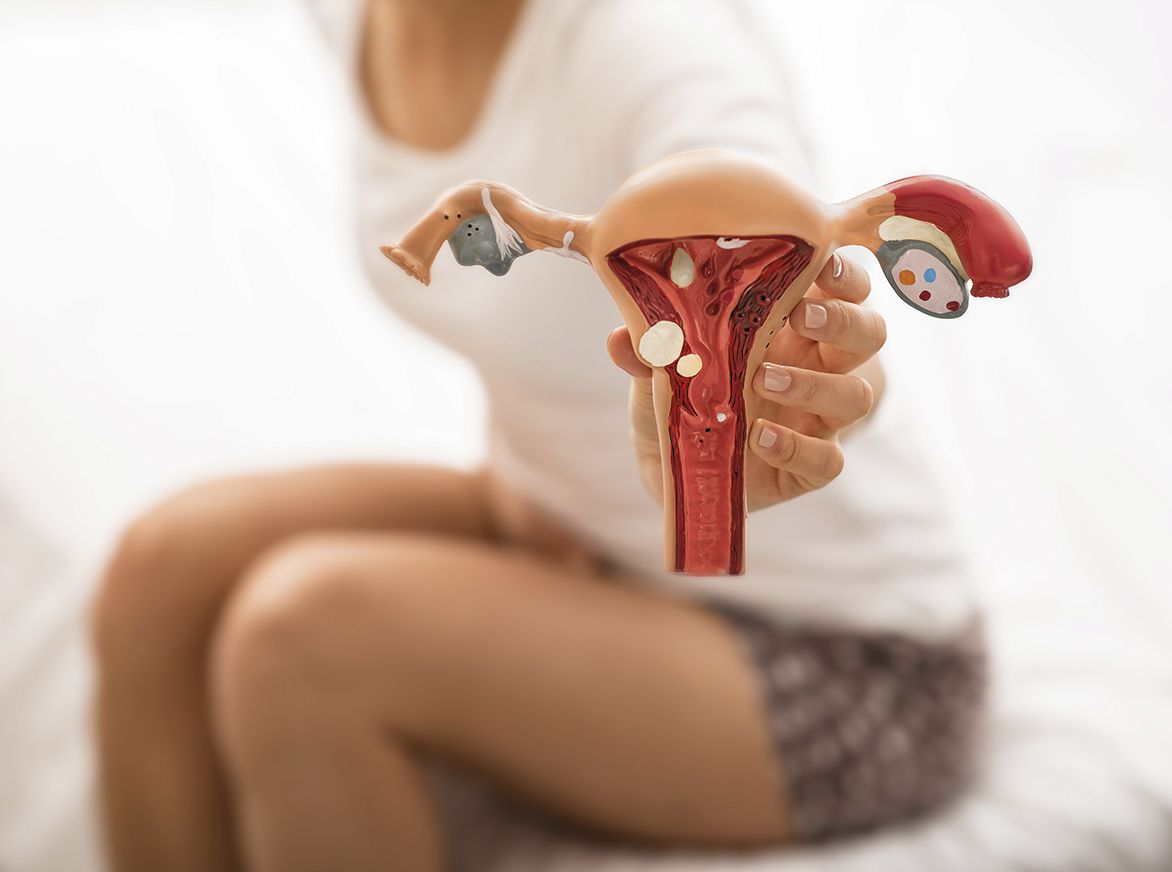 What is Endometriosis (Chocolate Cyst)? What are the symptoms? How to Treat?
What is Endometriosis (Chocolate Cyst)? What are the symptoms? How to Treat?
-
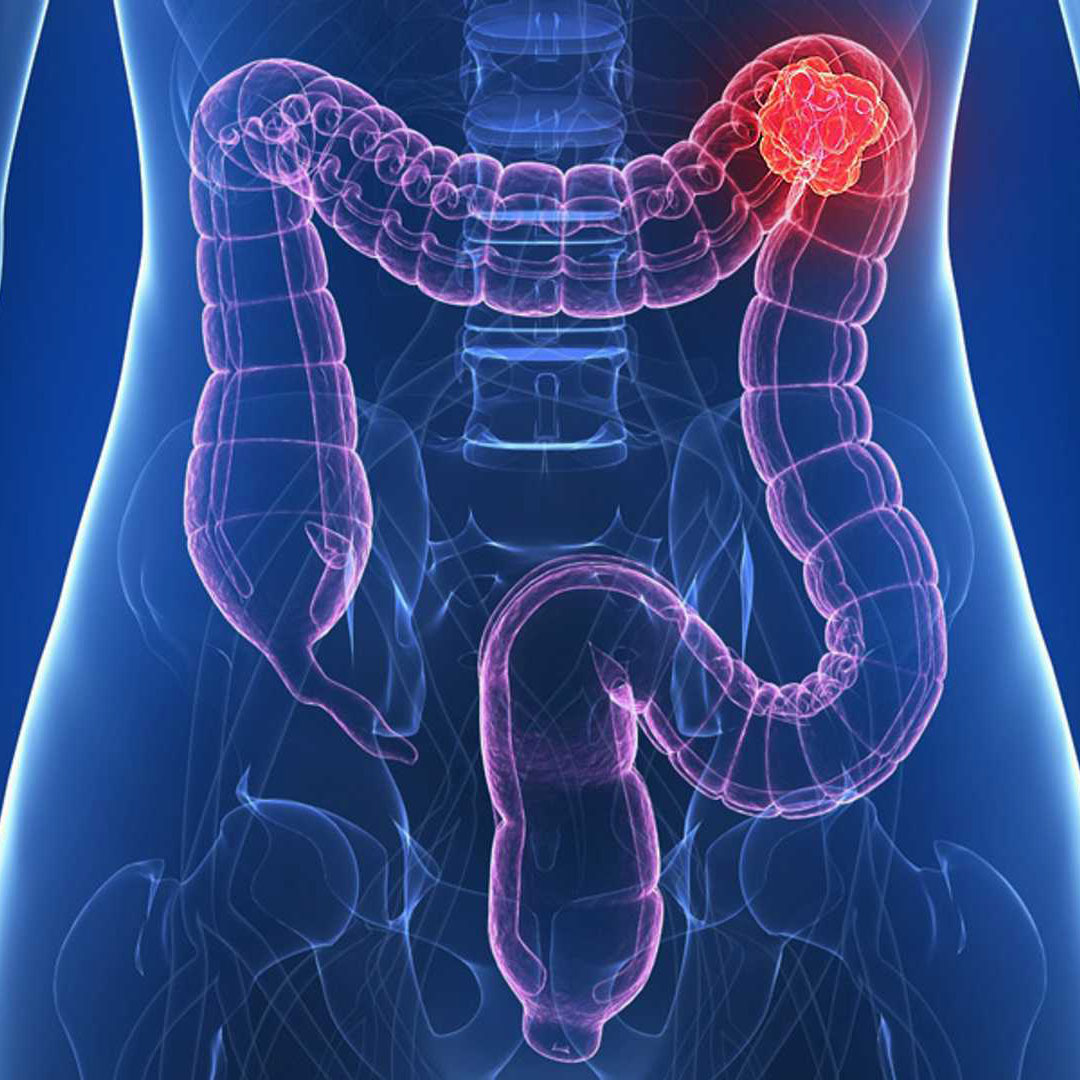 Colon Cancer (Symptoms, Stages, Treatment)
Colon Cancer (Symptoms, Stages, Treatment)
-
 Influenza (Flu) in Children
Influenza (Flu) in Children
-
 Stomach Cancer Symptoms and Treatment Methods
Stomach Cancer Symptoms and Treatment Methods
-
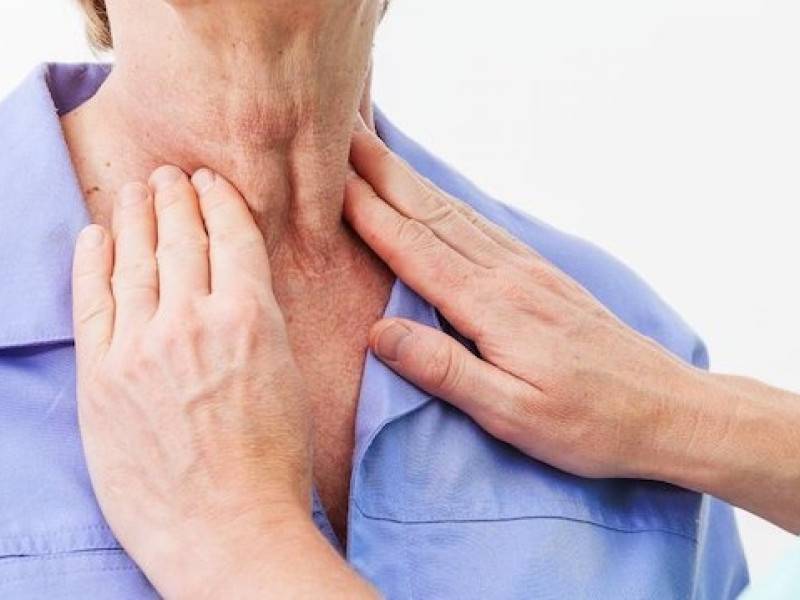 What is Lymph Node Swelling? What Are The Reasons?
What is Lymph Node Swelling? What Are The Reasons?
-
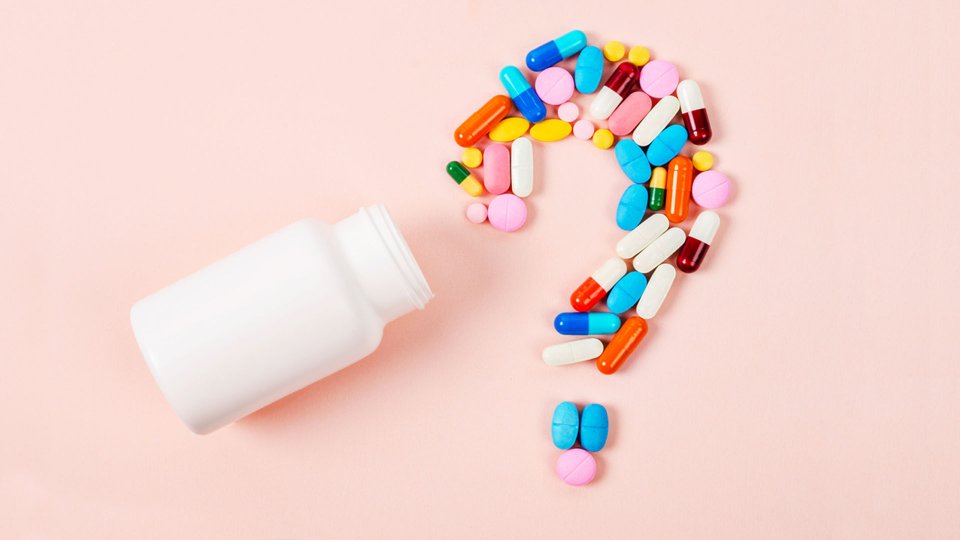 When to Use Antibiotics? What are the side effects? What is Antibiotic Resistance?
When to Use Antibiotics? What are the side effects? What is Antibiotic Resistance?
-
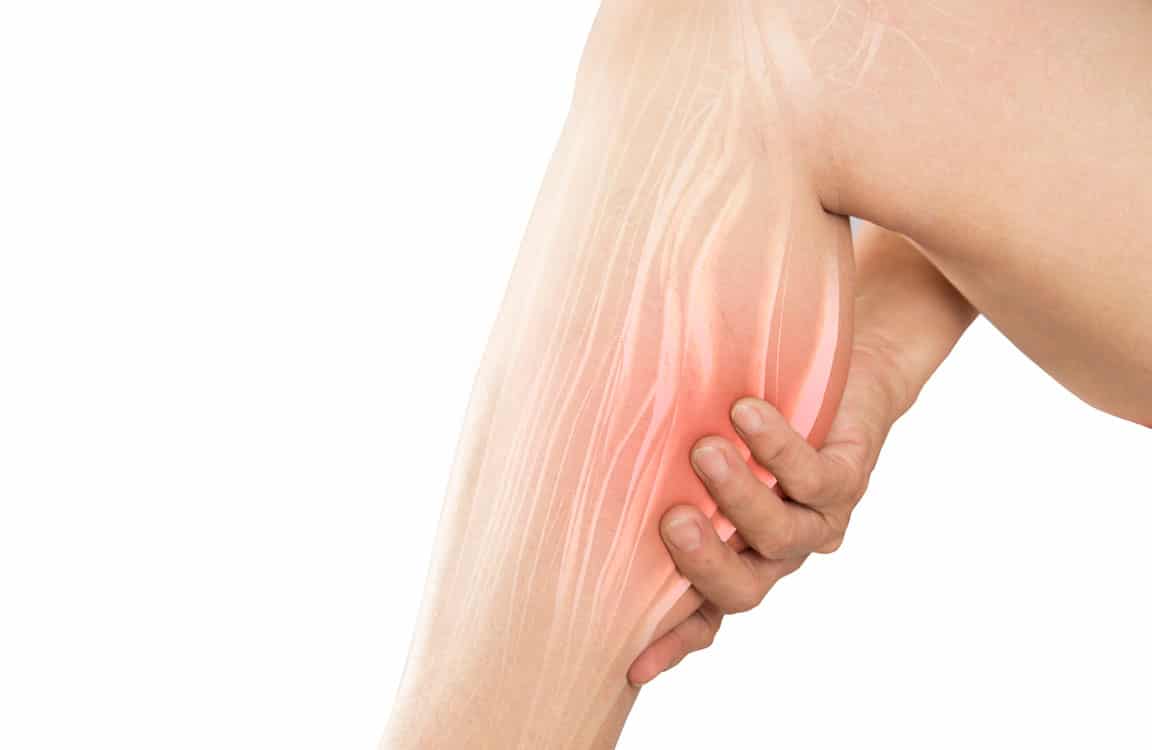 What is Muscle Spasm?
What is Muscle Spasm?
-
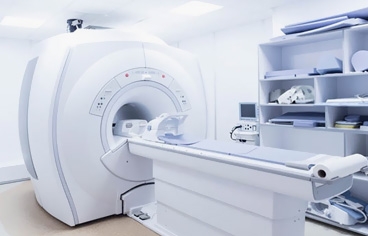 What is MRI? How to Take an MRI with Medication? Is It Harmful?
What is MRI? How to Take an MRI with Medication? Is It Harmful?
-
 What are the Causes of Diarrhea and Vomiting? How to Treat?
What are the Causes of Diarrhea and Vomiting? How to Treat?
-
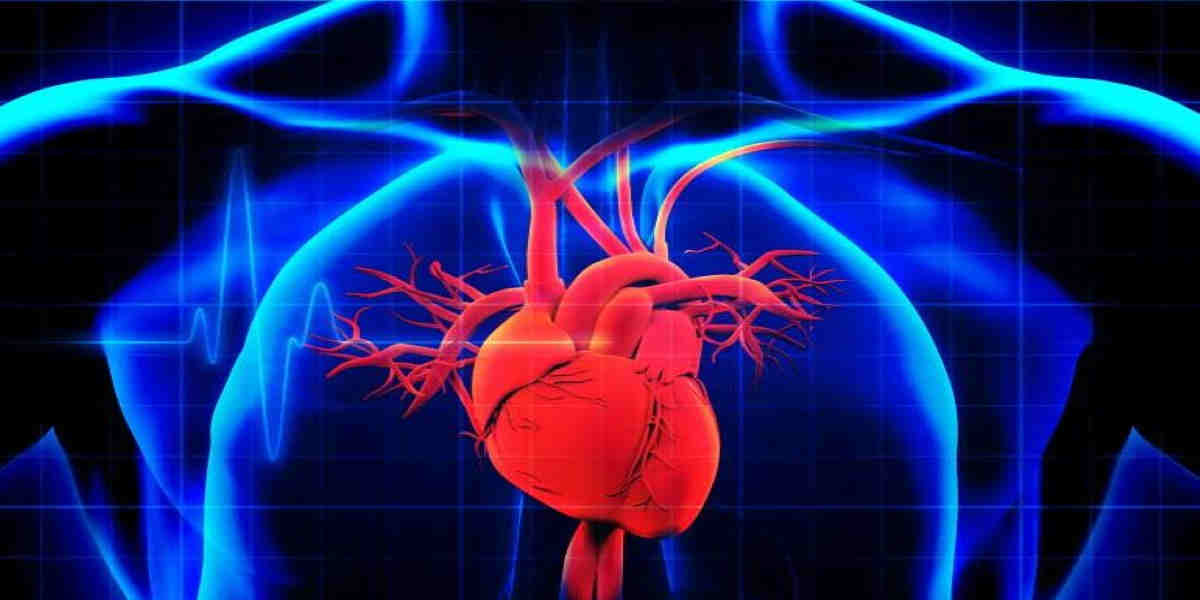 What is Heart Failure? What are its stages? How to Treat?
What is Heart Failure? What are its stages? How to Treat?